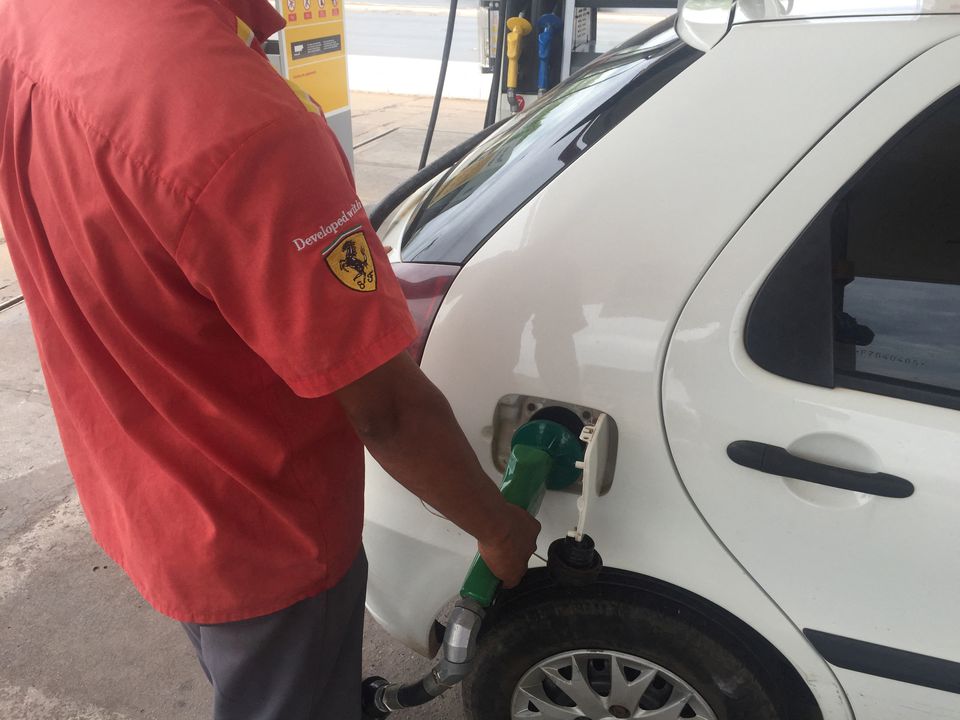NEW YORK, Sept 14 (Reuters) – The global movement by governments and automakers to boost electrification of cars does not mean ethanol will be dead as a product, according to an executive of one of the world’s largest producers of the biofuel.
Beyond the demand that will continue to exist in countries that produce the biofuel and where adoption of EVs is seen as slower, such as Brazil and India, there are industries that will need to use biofuels to reduce emissions where electrification is not a feasible option, said Paula Kovarsky, chief strategy officer at Brazil’s Raízen SA (RAIZ4.SA).
In an interview late on Tuesday in New York, where she is for the cycle of climate conferences in the coming week, Kovarsky said that so-called ‘hard to abate’ sectors such as shipping and commercial aviation are strong targets for the future of biofuels, as well as electric cars that could use fuel cells for conversion of ethanol into hydrogen to move electric motors.
“I imagine that for automakers, in the same electric car model that would have a battery in Europe or the U.S., they could change that battery for a fuel cell in Brazil or India and use ethanol,” she said.
Nissan, Toyota and Volkswagen are among car manufacturers developing the hybrid technology that uses ethanol to produce hydrogen inside the car, the gas that in turn will feed the electric motor.
Experts believe that makes sense for places like Brazil where there is a broad ethanol distribution system. But since car manufactures have global production plans, there are doubts if they would produce cars for the needs of specific regions.
Kovarsky sees potential for ethanol to be used in sustainable aviation fuel or as a bio bunker fuel for vessels – areas where batteries and electrification would be hard to use.
(This story refiles to correct typographical error in the executive’s last name in 3rd paragraph)











